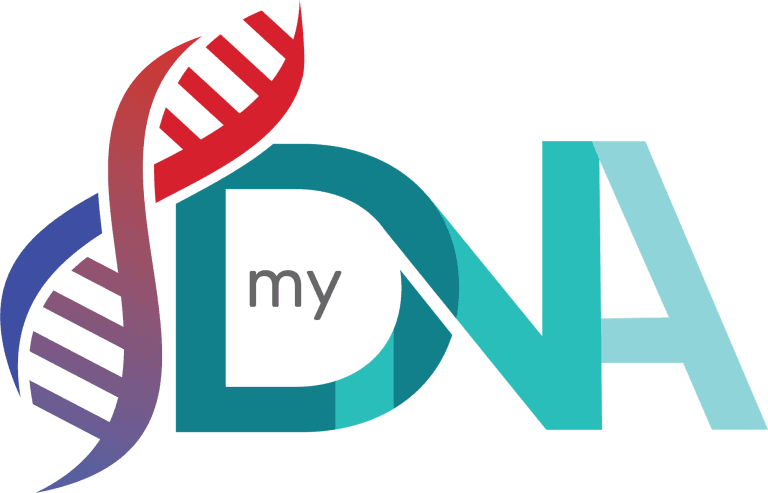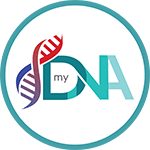Real-Life Examples: How DNA Insights Improve Health
Example 1: Vitamin D Deficiency
A DNA test reveals a person has a genetic variation linked to reduced vitamin D synthesis. By taking supplements and increasing their exposure to sunlight, they can improve bone health and reduce the risk of osteoporosis.
Example 2: Caffeine Sensitivity
Another individual learns they are a slow metabolizer of caffeine. They cut back on coffee and notice improved sleep and reduced anxiety, which lowers long-term cardiovascular risk.
Example 3: Omega-3 Processing
A client finds out their body does not efficiently convert plant-based omega-3 into EPA and DHA. They incorporate fatty fish into their diet, which reduces inflammation and lowers the risk of heart disease.
Example 4: Lactose Intolerance
Someone learns they have a genetic marker associated with low lactase production, which causes lactose intolerance. Instead of experiencing discomfort from dairy, they switch to lactose-free products or plant-based alternatives, improving gut health and quality of life.
Example 5: Weight Management
A person finds they have a genetic predisposition to weight gain on high-fat diets. Armed with this knowledge, they opt for a balanced diet with moderate fat intake, thereby reducing their risk of obesity and improving their cardiovascular health.
The connection between nutrition and disease prevention is profound. For example:
- Individuals with MTHFR gene mutations often require higher folate intake to prevent elevated homocysteine levels, which are linked to heart disease.
- Those with poor vitamin D receptor efficiency are more likely to suffer from bone density issues, making supplementation crucial.
- People who cannot efficiently metabolise alcohol should limit intake to prevent liver disease and certain cancers.
When combined with lifestyle factors like exercise and stress management, personalised nutrition creates a robust strategy for long-term health.
Preventing Disease Through Personalised Nutrition
By tailoring nutrition to your genetic makeup, you can lower the risk of several chronic conditions:
- Heart Disease:
Managing fat metabolism through diet adjustments. - Diabetes:
Adopting a carb intake suited to your glucose response. - Bone Disorders:
Increasing calcium and vitamin D based on absorption efficiency.
These preventive measures, guided by DNA data, help you take control of your health before problems arise.




